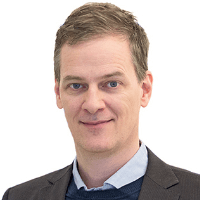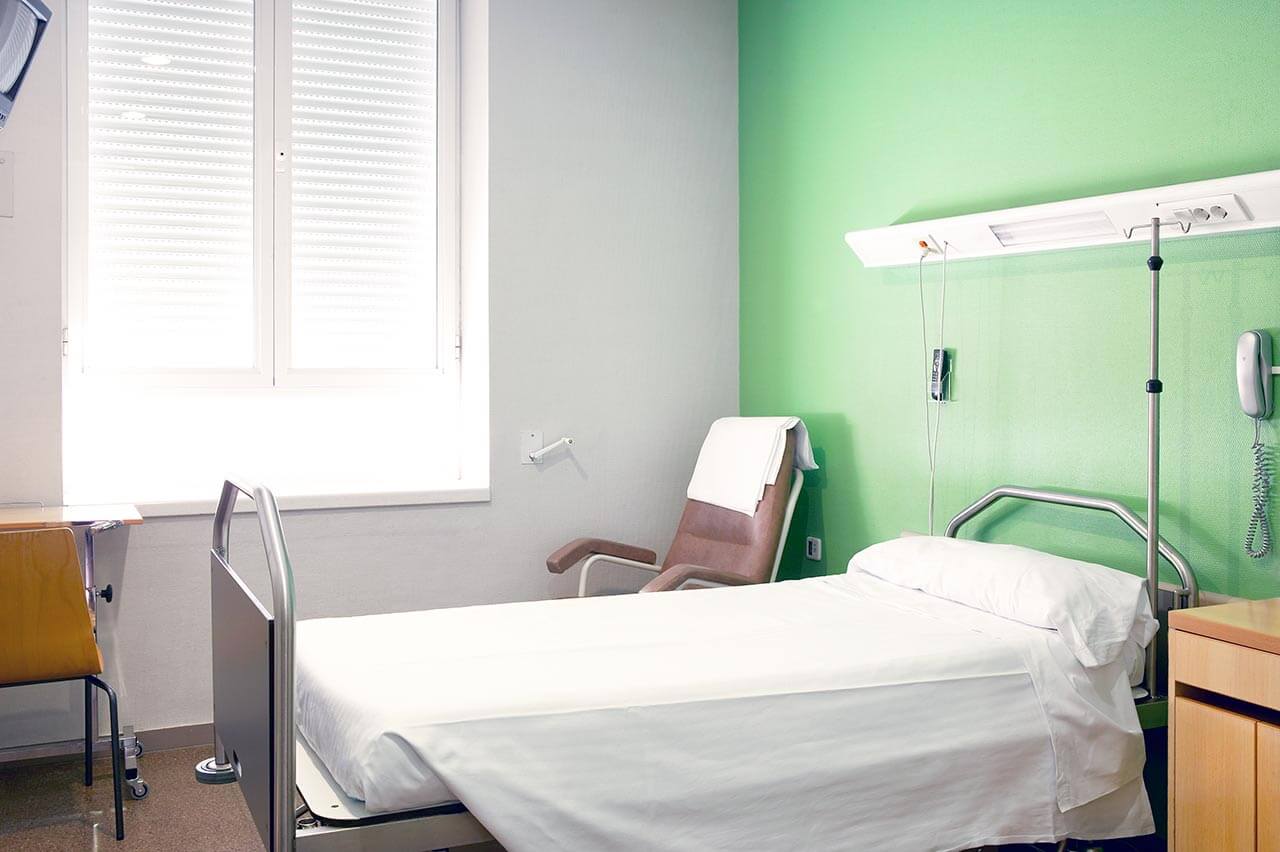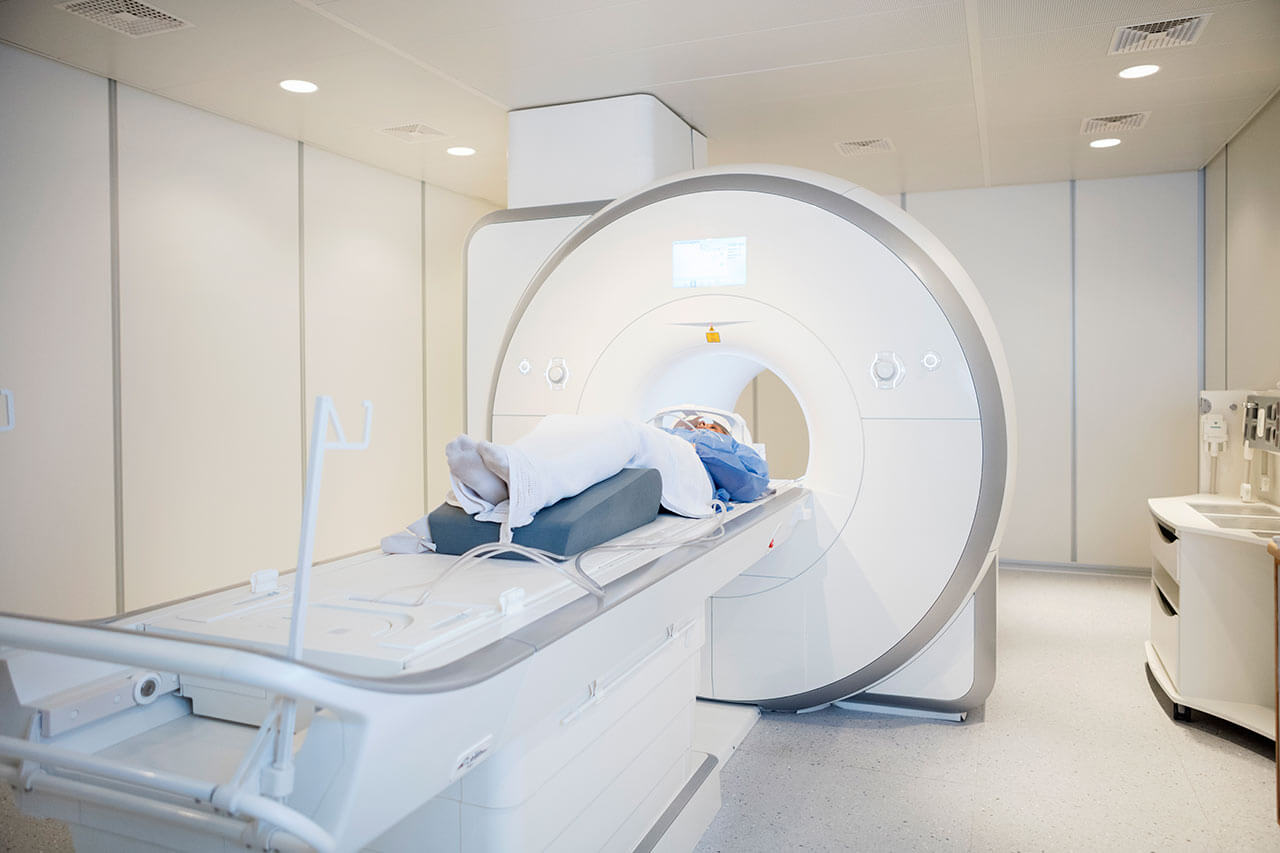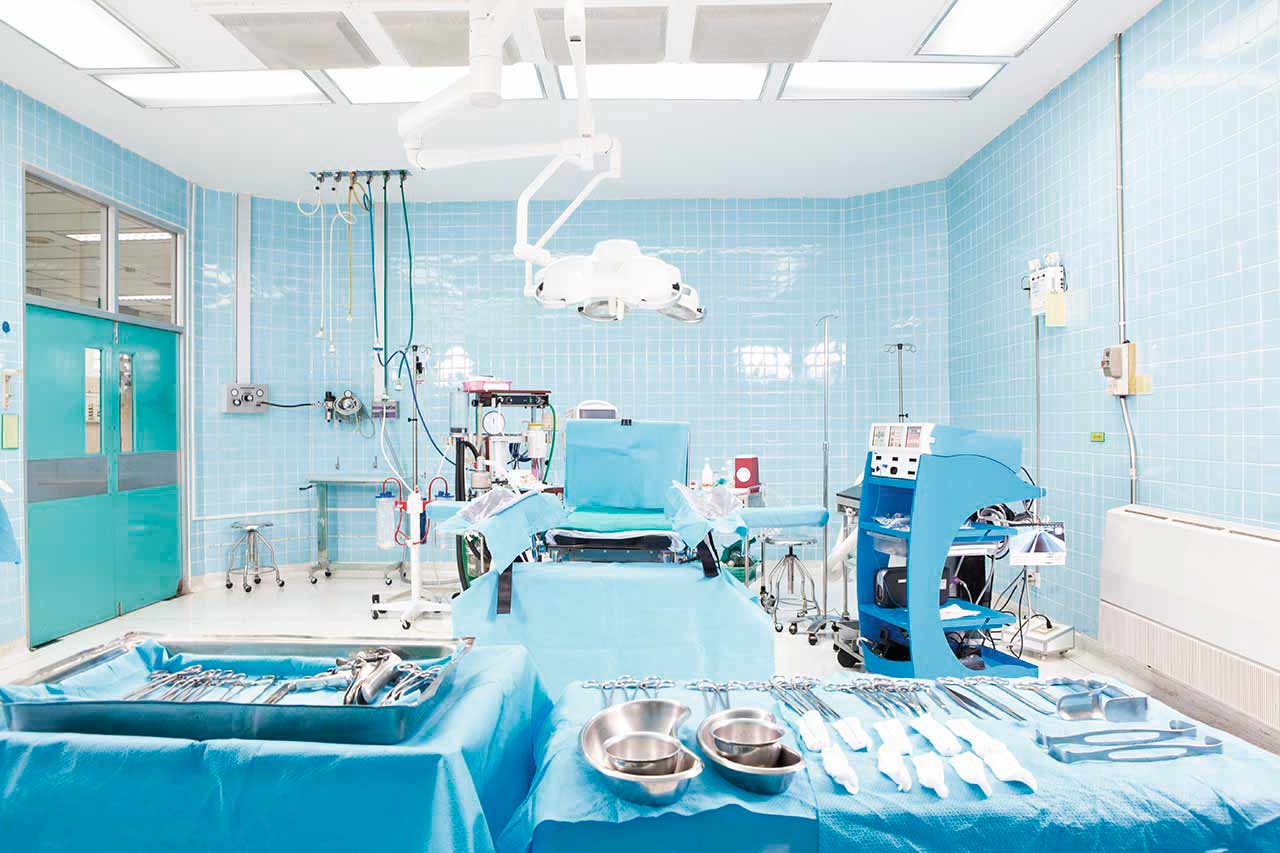
The program includes:
- Initial presentation in the clinic
- clinical history taking
- review of medical records
- physical examination
- laboratory tests:
- complete blood count
- general urine analysis
- biochemical analysis of blood
- inflammation indicators (CRP, ESR)
- indicators blood coagulation
- neurological examination
- functionality x-ray
- CT/MRI scan
- neuropsychological tests (on indications):
- ENMG (electroneuromyography)
- EEG (electroencephalography)
- SEPs (somatosensory evoked potentials)
- VEPs (visually evoked potentials)
- BAEP tests (brainstem auditory evoked potential)
- preoperative care
- treatment of hemangioma with coiling
- 1-day intensive care unit stay
- postoperative MRI control
- symptomatic treatment
- control examinations
- the cost of essential medicines and materials
- nursing services
- full hospital accommodation
- developing of further guidance
Required documents
- Medical records
- MRI/CT scan (if available)
- MR/CT-angiography (if available)
Service
You may also book:
 BookingHealth Price from:
BookingHealth Price from:
About the department
The Department of Interventional Neuroradiology at the University Hospital of Ludwig Maximilian University Munich offers the full range of medical services at the highest level of university medicine. The patients of the medical facility can undergo imaging diagnostics and image-guided interventional treatment of diseases of the nervous system. The focus of the department's specialists is on patients with strokes, cerebral vascular stenosis, vascular malformations of the brain and spinal cord, and cerebral aneurysms. Medical care includes counseling, emergency care, inpatient and outpatient care. The department's diagnostic options include computed tomography, magnetic resonance imaging, and digital subtraction angiography. Imaging equipment can also be used for therapeutic manipulations on the brain and spinal cord. Experts from the Departments of Neurology and Neurosurgery are often engaged in the therapeutic process, especially at the stage of treatment planning. The unique competencies of doctors and the excellent equipment of the medical facility are the keys to medical service of the highest European standard. The department is headed by Prof. Dr. med. Thomas Liebig.
The department's doctors have advanced technical resources to perform high-precision examinations of the central nervous system, that is, the brain and spinal cord. Computed tomography is carried out on the devices of world-famous companies, such as Siemens and General Electric. Doctors perform magnetic resonance imaging using a 3 Tesla scanner, thanks to which they can obtain thin-sliced high-resolution images and ascertain the presence of pathological changes at early stages. An indispensable diagnostic method in the department is digital subtraction angiography, with the help of which physicians receive data on the state and patency of the blood vessels of the brain.
The department's team of doctors specializes in the interventional treatment of neurological diseases. This type of therapy is an excellent alternative to invasive neurosurgical intervention. Angioplasty followed by stent implantation is one of the most popular procedures. Such treatment is indicated for patients with cerebral vascular stenosis. The essence of the procedure is to dilate the narrowed blood vessel with a follow-up stent implantation (a special metal structure resembling a frame) under the guidance of an imaging system. The stent will keep the blood vessel open. Angioplasty can completely eliminate the stenosis in the long term, thereby preventing the development of a stroke in a patient.
The specialists working at the medical facility successfully treat vascular malformations such as arteriovenous malformations and arteriovenous fistulas. Both pathologies can cause potentially life-threatening bleeding. To eliminate them, doctors use endovascular techniques (embolization) and neurosurgical interventions. In some cases, the specialists combine the two above-mentioned techniques, namely, they perform hybrid interventions. The optimal type of treatment is determined during the board with the participation of neuroradiologists, neurologists, and neurosurgeons. Neuroradiologists are responsible for catheter-based embolization, during which they block the affected blood vessels with polymeric substances. The department's specialists also take part in performing hybrid surgery.
The department has vast experience in the endovascular treatment of cerebral aneurysms and thrombectomy in patients with stroke. Patients can be sure of its effectiveness because the doctors at the medical facility regularly conduct this type of treatment.
The department's range of medical services includes:
- Diagnostic options
- Computed tomography (CT)
- Magnetic resonance imaging, including with contrast enhancement
- Contrast-enhanced digital subtraction angiography (to detect pathologies of the cerebral blood vessels, in particular, cerebral artery aneurysms, arteriovenous malformations, arteriovenous fistulas, and stenoses)
- Therapeutic options
- Thrombectomy for ischemic stroke
- Angioplasty with stent implantation for cerebral vascular stenosis
- Embolization for vascular malformations of the brain and spinal cord (for example, arteriovenous malformations and arteriovenous fistulas)
- Endovascular treatment of aneurysms
- Other medical services
Curriculum vitae
Prof. Thomas Liebig studied Human Medicine at the Hannover Medical School. He also completed his internships in Gainesville (Florida) and at the Harvard Medical School in Boston (Massachusetts), USA. In 1993, he began his internship at the Charite University Hospital Berlin. In 1995, he defended his thesis and received full admission to medical practice. The doctor then held the position of a Research Fellow in the Department of Radiology and Neurosurgery at the Charite University Hospital Berlin. In 2000, he had his board certification in Radiology. Prof. Liebig then held the position of a Senior Physician at the International Neuroscience Institute in Hannover, and a Senior Physician at the Alfried Krupp Hospital Essen. In 2006, he had his board certification in Neuroradiology. From 2006 to 2010, he held the position of a Managing Senior Physician at the University Hospital Rechts der Isar Munich. In 2008, he had his habilitation (thesis devoted to the treatment of cerebral artery aneurysms). In 2010, Dr. Liebig received W2 Professorship and became the Head of the Department of Neuroradiology at the University Hospital Cologne. In 2015, he was offered to move to the Charite University Hospital Berlin, where he headed the Institute of Neuroradiology. Since April 1, 2018, the Doctor has been Professor in the Department of Neurosurgery at Ludwig Maximilian University of Munich, and the Head of the Department of Interventional Neuroradiology at the University Hospital of Ludwig Maximilian University of Munich.
Photo of the doctor: (c) LMU Klinikum
About hospital
According to the Focus magazine, the University Hospital of Ludwig Maximilian University of Munich is regularly ranked among the best medical institutions in Germany!
The hospital is the largest multidisciplinary medical facility, as well as a leading research and training center in Germany and Europe. The hospital is proud of its bicentenary history and tirelessly confirms its primacy at the national and international levels. The outstanding quality of medical care is complemented by highly productive research activities, thanks to which many effective diagnostic and therapeutic methods, saving people’s lives, have been presented in medical practice.
The medical facility includes two main buildings, Grosshadern and Innenstadt. The hospital has 29 specialized departments, 53 interdisciplinary centers, 11 institutes, and many sections. More than 500,000 patients are treated here every year, which indicates the hospital's excellent reputation. A large and highly professional medical team, consisting of 1,800 doctors and 3,300 nursing staff, works for the benefit of patients. The hospital has 2,000 beds to accommodate patients.
The hospital's infrastructure deserves special attention: advanced diagnostic equipment that allows doctors to detect the slightest pathological changes in the human body, the latest operating rooms with highly efficient monitoring systems, robot-assisted surgical systems that facilitate sparing operations, and proper postoperative care.
Excellent technical resources and highly professional medical staff are undoubtedly the hospital's pride, but the medical facility also pays attention to the patient's comfort and to a humane attitude toward their life situation. When providing the necessary medical care, doctors and nursing staff always show a friendly attitude, inform patients in detail about the upcoming diagnostic and therapeutic procedures, gladly answer all questions of interest to patients, and provide moral support during the therapeutic process.
The hospital has many prestigious quality certificates, including a DIN EN ISO 9001 certificate, an IQM certificate, an endoCert certificate, certificates from the German Cancer Society (DKG) for treating various types of cancer, the German Cardiac Society (DGK), the German Society for Orthopedics and Trauma Surgery (DGOU), etc. Thus, patients can count on the best possible treatment outcome due to the use of the most effective and, at the same time, sparing therapeutic techniques.
Photo: (с) depositphotos
Accommodation in hospital
Patients rooms
The patients of the University Hospital of Ludwig Maximilian University of Munich live in comfortable, spacious, single and double patient rooms with a modern design. Each room is equipped with an ensuite bathroom with a shower and toilet. The furnishing of a standard patient room includes a comfortable bed, the position of which can be adjusted using the remote control, a locker for storing personal belongings, a TV, and a telephone. Also, if desired, you can connect to the Internet. In addition, patients can opt for enhanced-comfort rooms, with a safe, a fridge, and upholstered furniture.
The hospital has an excellent infrastructure. The medical facility’s area houses a bank, ATMs, a hairdresser, shops with a wide range of food, drinks, newspapers, magazines, and personal hygiene items, play areas for children, and a beautiful garden for walking, etc.
Meals and Menus
The patient and his accompanying person are offered a daily choice of three menus, including a vegetarian one. If you are on a specific diet for any reason, you will be offered an individual menu. Please inform the medical staff about your dietary preferences prior to the treatment.
Further details
Standard rooms include:
Religion
Religious services are available upon request.
Accompanying person
Your accompanying person may stay with you in your room or at a hotel of your choice during the fixed program.
Hotel
You may stay at a hotel of your choice during an outpatient program. Our managers will help you to choose the best option.
The hospital offers a full range of laboratory tests (general, hormonal, tests for infections, antibodies, tumor markers, etc.), genetic tests, various modifications of ultrasound scans, CT scans, MRI and PET/CT, angiography, myelography, biopsies, and other examinations. Treatment with medications, endoscopic and robotic operations, and stereotaxic interventions are carried out here, modern types of radiation therapy are also used. The hospital offers patients all the necessary therapeutic techniques.
- Allogeneic bone marrow transplantation
- Microsurgical transplantation of head and neck tissues
- Microsurgical resection of brain tumors with intraoperative fluorescence
- Minimally invasive treatment of spine pathologies
- Joint replacement with postoperative rehabilitation (fast track program)
Patients with benign and malignant neoplasms of various localizations, pathologies of arteries and veins, herniated discs, osteoporosis, congenital and acquired pathologies of the musculoskeletal system, benign and malignant pathologies of the mammary gland, and other pathologies.
Which specialties of the University Hospital of Ludwig Maximilian University of Munich are the best?
- Interventional and diagnostic neuroradiology
- Vascular surgery
- Cardiac surgery
- Mammalogy
- Gastroenterology and hepatology
Over 1,700 highly qualified doctors work at the hospital.





